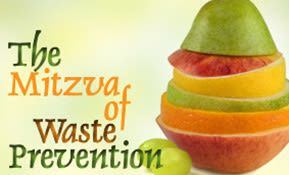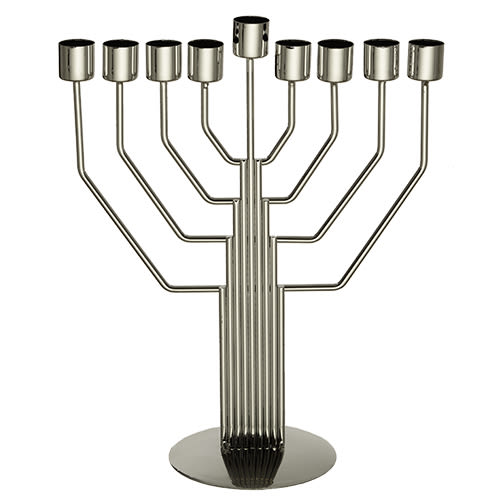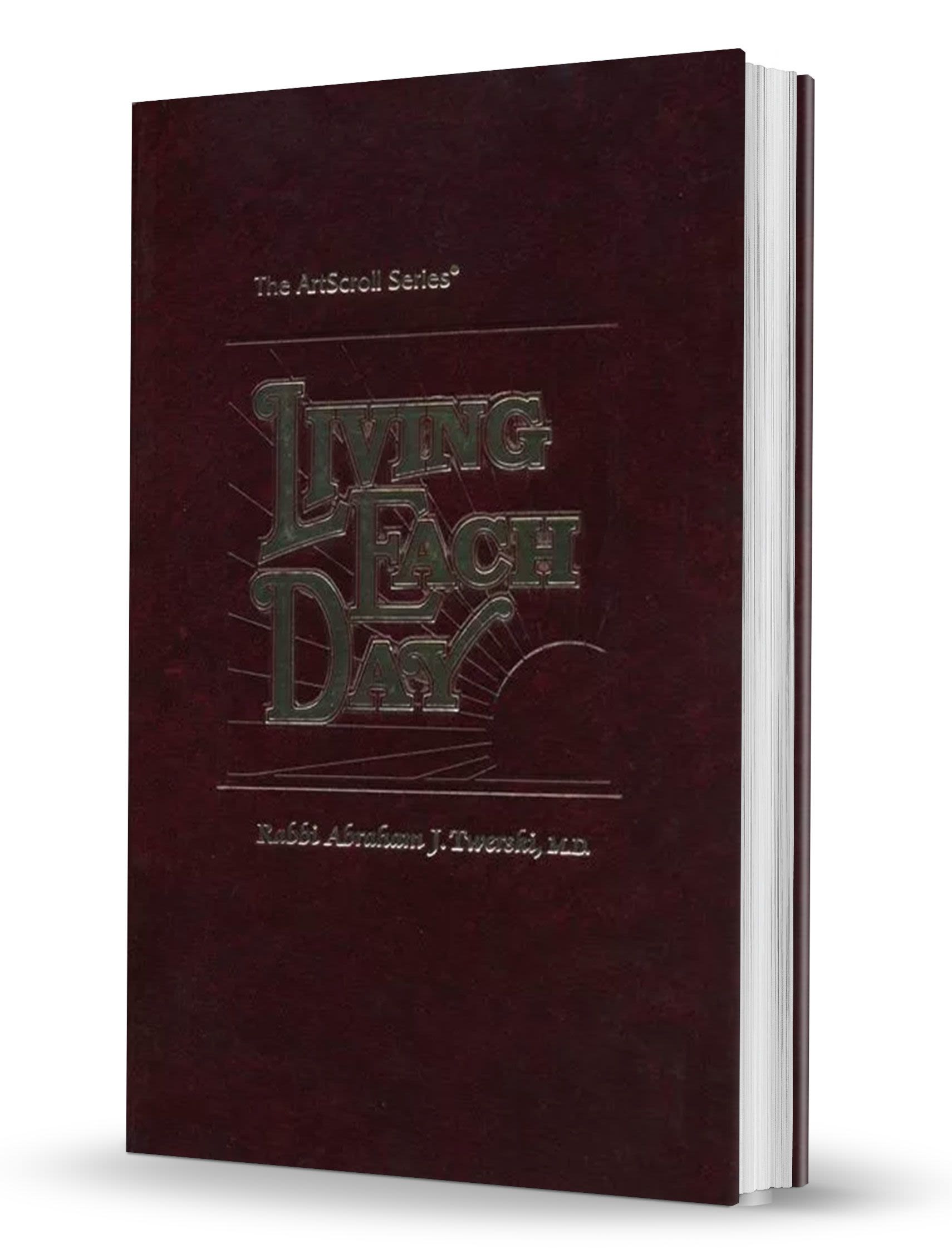
Amen, Brother!
People go to extremes in search of salvations, from running to expensive professionals to "miracle workers". Neither identify the true root of the problem…

Who doesn’t have problems and big ones at that?
People go to extreme lengths in search of salvations, and expensive ones at that. They frequently run from high-priced professional specialists to “miracle workers”, neither of whom succeeds in putting their finger on the root cause of the anguished individual’s problem.
That’s too bad because the problem is likely to be something simple and easy to correct.
Imagine that a person goes all around the world in search of a solution to his troubles, spends an arm and a leg, and comes home empty-handed. A guardian angel reveals himself and tells the person, “All your problems would evaporate if you only learned to say “amen” whenever you hear a blessing”.
Could that be? What’s the power of amen?
Imagine that a great king wanted to test the loyalty of his subjects. He sends a messenger with a megaphone in hand who stands on a podium in the middle of town square and begins to praise the king…
If people ignore the messenger’s praise of the king and go on with business as usual, the king knows that this is a disloyal town and he punishes them severely. But, if the people stop and listen to the messenger’s words, applaud and cry out, “Amen, brother!” after every phrase of praise, then the king  knows that these are his loyal subjects who love him. He rewards them with all types of abundance.
knows that these are his loyal subjects who love him. He rewards them with all types of abundance.
With the above parable in mind, we can understand that the person who says “amen” is even more praiseworthy than the person who makes a blessing.[1]
“Amen” is not only derived from the Hebrew word emuna, it is the greatest declaration of emuna that can be. Amen is an acronym of the three words E’l Melech Ne’eman, “G-d, our faithful King”. As such, when we say amen, we declare our belief that Hashem is a “faithful God and King.” The first intrinsic meaning of the word “Amen” is therefore, “I believe”. Saying amen when hearing a blessing is a person’s declaration that he believes in and agrees with the blessing.
Our sages tell us that amen has two additional meanings: halevai, may it in truth happen; and, emet – yes, this is truth. Halacha requires us to say amen with the heart’s intent of, “The blessing that this person made is true and I believe in it.”[2] This is an obligation, and not an elective, but the rewards are beyond belief.
Probably nothing in practical Judaism is so ignored as the obligation of amen. People have become used to chattering in the synagogue. Even when they don’t chatter, many are checking email or text messages during the reader’s repetition of the Amidah. They’re exactly like the townspeople in the above parable who ignored the messenger’s praise of the king.
Do you know what Halacha says about a person who chatters in the synagogue or checks his mobile phone (smartphone or kosher phone, it doesn’t matter) instead of saying amen? “His sin is unbearable.”[3] Any transgression that is described as “unbearable” causes a sever severance of Divine abundance. Every blessing in life – health, income, children, marital bliss, peace and security – depends on Divine abundance.
Our sages write that entire communities have been wiped out because of chattering in the synagogue.[4]
Could we have been guilty of failing to say amen, chattering in the synagogue or checking our phones? A bit of self-assessment might uncover the culprit that’s making us suffer.
Do you need a salvation to a tremendous problem? Does your path seem blocked, and you have difficulty in finding a job, a soul-mate or a cure to your ills?
There’s no need to spend your money or run to specialists. Make three simple commitments and you’ll see big miracles. They are:
1. Don’t bring your mobile phone to synagogue. Leave it at home or in the car while you’re praying.
2. Pay attention to the reader’s repetition of the amidah and say amen after every blessing.
3. Don’t chatter in the synagogue.
May Hashem bless you with everything good, amen, brother (and sister)!












Tell us what you think!
Thank you for your comment!
It will be published after approval by the Editor.